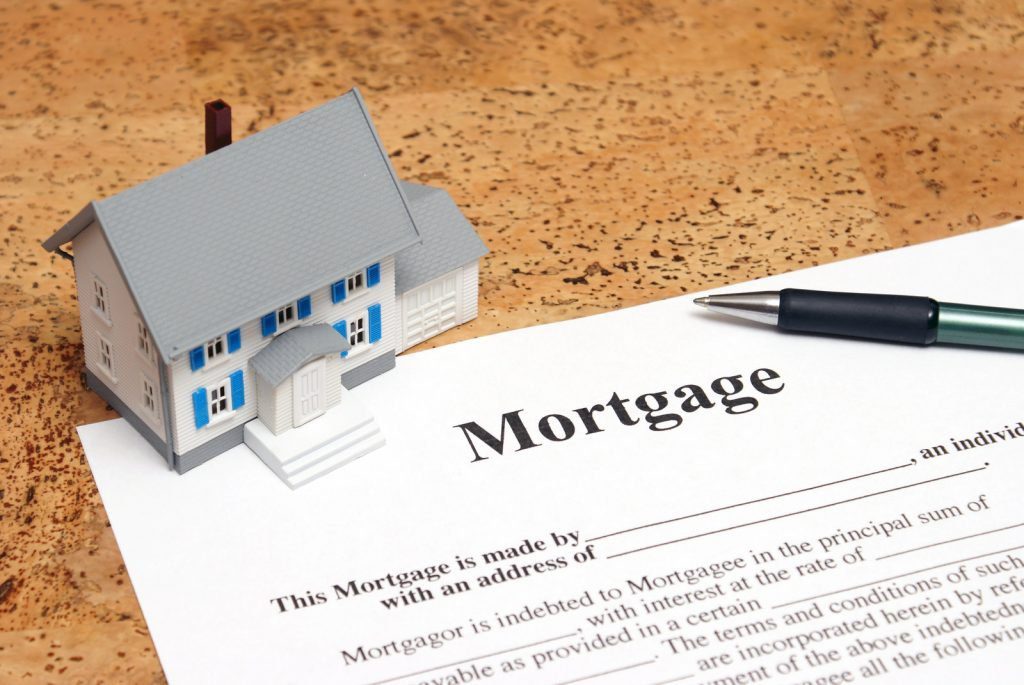Mortgage & Finance
How to Choose the Best Mortgage Lender
Most people buying a house end up taking out a mortgage to pay for the home. But they may not realize they have lots of options when choosing a lender – and that their choice can make a huge impact on their financial future.
What’s the right way to approach this choice? And how can you make a final decision with so many possibilities?
The Impact of a Mortgage Lender
Your choice in a mortgage lender can impact several variables, including:
- The speed, convenience, and efficiency of approval. Before you finalize your home purchase, you’ll need to be approved for the loan (and get the money). Some lenders work faster and more efficiently than others, so it’s important to choose a reliable and available company.
- The amount of money you pay. For most homeowners, this is the big one – the factor that’s more important than all the others. With the right home lender, you may have a lower interest rate, better terms, and other variables on your side that allow you to spend less money on the same home (especially over the course of 30 years).
- Payment options and customer service. Over time, you’ll be working with this lender to make payments and deal with issues as they arise. It’s important to choose a lender you trust – and one that will help you throughout the course of your homeownership.

How to Choose the Right Mortgage Lender
So what should you do when searching for the best mortgage lender?
- Look at as many options as possible. Many homeowners go with the first convenient lending option they find, or they compare two or three lenders before making a final decision. Instead, it’s better to look at as many options as possible. Use online comparison sites, your own independent research, and get referrals from people you trust. Ideally, you should be looking at a dozen or more options – at least during the earliest stages.
- Know your priorities. Next, make sure you understand your own personal priorities. Is it in your best interest to choose the lender that offers the lowest interest rate? Or would you prefer one with minimal down payment requirements and low closing costs? Or are you willing to pay a bit more if it means more prompt approval and better customer service overall? There are no “right” answers here, but you should know what the right answers are for you and your family.
- Study the interest rate. One of the most important variables to see from any lender is the interest rate – the annual interest you’ll owe on the principal you borrow. Because your mortgage terms will likely be 15 or 30 years, even small differences can result in you paying thousands of dollars extra over the lifetime of the loan. Additionally, you’ll want to make sure the interest rate is fixed (in most cases).
- Look at closing costs and other expenses. Your interest rate will be a significant variable in determining how much you pay on a monthly basis while owning the home – but it’s also important to consider your upfront costs. In other words, how much are you required to pay in closing costs? What other fees and expenses are you going to face? Lenders can’t always project your closing costs upfront with perfect accuracy, but you can get a sense of differences between lenders if you look at a closing cost breakdown.
- Consider requirements. Different mortgage lenders are going to have different requirements for their loan applicants. For example, to get the lowest interest rate with one provider, you may need an excellent credit score. Depending on your situation, you may need to choose a lender with more flexible requisites.
- Review the options available to you. When you start narrowing the field of lenders to choose from, take a look at the options that are available with each. Do they offer both fixed and variable interest rate loans? Do you have multiple options for the term of the mortgage? What are the down payment options? PMI rates? Early payoff fees?
- Look at reviews. Next, check out reviews from customers. Are there common complaints or does everyone seem happy with this lender?
- Talk to a loan officer. Finally, talk to a loan officer with your lender of choice and ask any questions you have. This conversation will help you evaluate their communication potential and customer service.
The “best” mortgage lender isn’t always the one with the lowest interest rate, nor is it always the one with the best customer reviews. You’ll need to consider many different factors before finalizing your decision. If you do, you’ll be in a much better position than the majority of homebuyers – and you’ll have a truly good fit for your financial needs.







